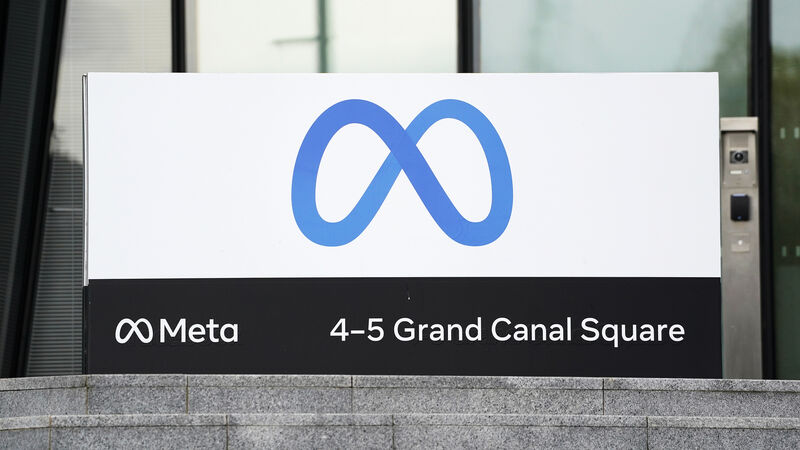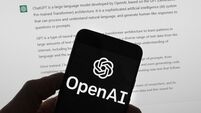Facebook team to tackle AI-generated disinformation in run-up to European elections in June

Meta currently works with 26 independent fact-checking organisations across the European Union covering 22 languages.
Facebook owner Meta will set up a team to tackle disinformation and the abuse of generative artificial intelligence in the run-up to European Parliament elections in June amid concerns about election interference and misleading AI-generated content.
The rapid growth of generative AI, which can create text, images and video in seconds in response to prompts, has triggered fears the new technology could be used to disrupt major elections.













